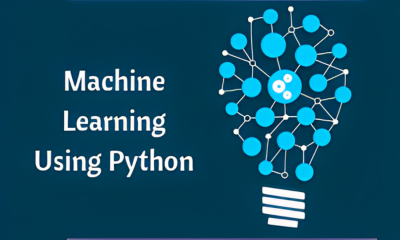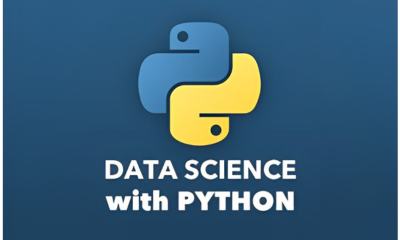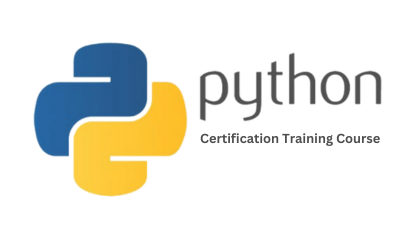Data Science is one of the most in-demand professions today. It is also one of the most exciting and diverse IT occupations in the world, with attractive premium packages. The vast majority of cyber-attacks breach a company's stored data and then utilize it fraudulently. Data security is crucial to cybersecurity. Cybersecurity CertHippo Data Science training course provides a revolutionary method to leveraging data science to detect, prevent, and mitigate cybersecurity risks.







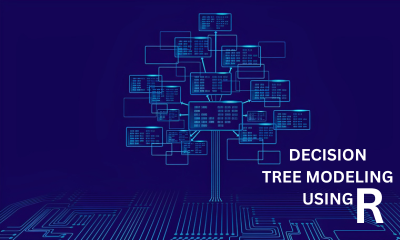
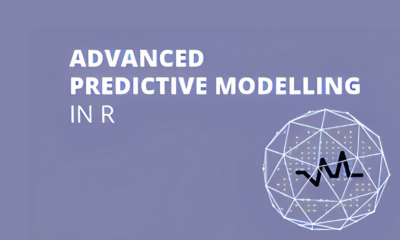


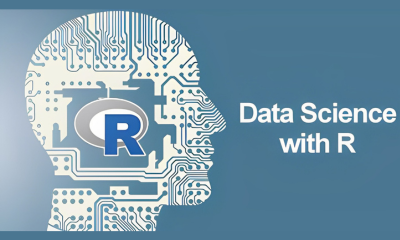
_CC638168526859122681_.jpg)
